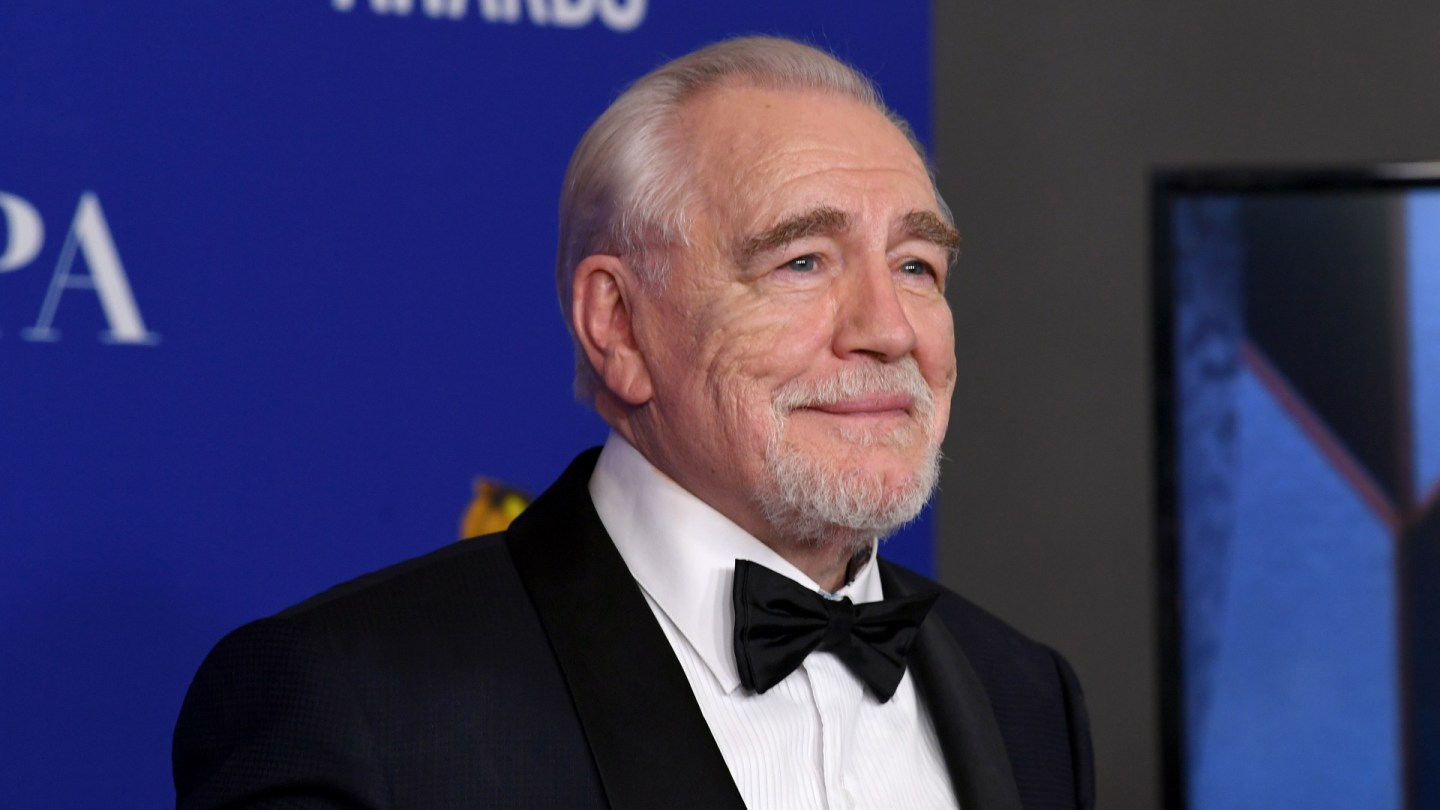Brian Cox thinks cinema is “in a very bad way,” with the Marvel and DC Universes partly to blame.
The legendary actor of stage and screen – who most recently garnered critical acclaim for his award-winning role in HBO’s Succession – spoke at an Edinburgh International Film Festival panel on Saturday. When asked about the recent successes of globally popular TV shows, Cox cited the latest MCU installment Deadpool & Wolverine as a great example of cinematic “party time”.
“What’s happened is that television is doing what cinema used to do,” Cox told the audience of television’s originality. “I think cinema is in a very bad way. I think it’s lost its place because of, partly, the grandiose element between Marvel, DC and all of that. And I think it’s beginning to implode, actually. You’re kind of losing the plot.”
He discussed Ryan Reynolds and Hugh Jackman of Deadpool & Wolverine while referencing how films are “making a lot of money that’ll make everybody happy, but in terms of the work, it becomes diluted afterwards. You’re getting the same old… I mean, I’ve done those kind of [projects].”
Cox starred as William Stryker Jr. in X2: X-Men United (a military scientist who persuades Logan to become Wolverine), and admittedly said he “forgets” about the fact he “created” Wolverine. “Deadpool meets the guy… Wolverine, who I created, but I’ve forgotten. Actually,” he jokes, “When those films are on, there’s always a bit of me [as Stryker] and they never pay me any money.”
“So it’s just become a party time for certain actors to do this stuff,” Cox added. “When you know that Hugh Jackman can do a bit more, Ryan Reynolds… but it’s because they go down that road and it’s box office. They make a lot of money. You can’t knock it.”
Television is pulling ahead, he continued, with incredible shows like Jesse Armstrong’s Succession and Netflix’s Ripley, starring Andrew Scott. “There’s so many [shows] and you’ve got the honor of telling the story over a period of time.” The actor said movies of his childhood such as On the Waterfront are what made him want to “be the actor I’ve become,” but it’s partially eradicated.



Well at the same time, I just think that’s more indicative of the progress of technology relative to the progress of the modern cinema. My TV is now very good, and films are released onto home media quite a bit faster than, say, the 40-year gap between the release of Gone with the Wind and the development of the consumer VCR. If I want to watch an expensive piece of audio-visual spectacle while it’s still part of the zeitgeist, that’s a pretty good reason to catch it early on a massive screen with Owlsey Stanley’s Wall of Sound blaring from all four directions. If I’m going to watch a three hour long character-driven, thought-provoking masterpiece that makes me re-evaluate the world and my place in it, I’d like to be able to do that in private on my couch with a bowl of soup and a
thermostatvolume knob I control, and not be wrenched suddenly from the pastoral vistas of St. Radegund by the stranger two rows down ordering a Taco Bell off his phone while I’m trying to process my complex emotions. And the pandemic sure didn’t help much either. The unfortunate fact of the matter is that for however much they’ve declined in recent years (and ignoring Guardians of the Galaxy III, which was far better than it had any right to be), the big-budget superhero blockbusters have been some of the few in recent memory to be able to consistently deliver on the visual spectacle to justify the day trip, the vice-grip on the public consciousness to demand seeing it right away, and, at least for a time, writing not so offensively dumb as to make it still possible to sit through. I think it’s less a sign of audiences becoming more concerned with spectacle than sincerity, and more a sign that people are being given more flexibility to engage with the medium at their own pace, and as a result the buzz around a given film doesn’t seem quite so pronounced as it isn’t all entirely done in unison. And while that does certainly hurt them at the box office, it’s not necessarily indicative that there isn’t a demand for them, just that people don’t have as much incentive to make a whole day trip out of one movie when they could just wait a few weeks and do it on their own terms. I don’t think it’s cinema that’s in a bad way, I think it’s just the cinema.Of course, this fellow made much my same point quite a bit better and quite a bit sooner and I’d be remiss not to acknowledge it.